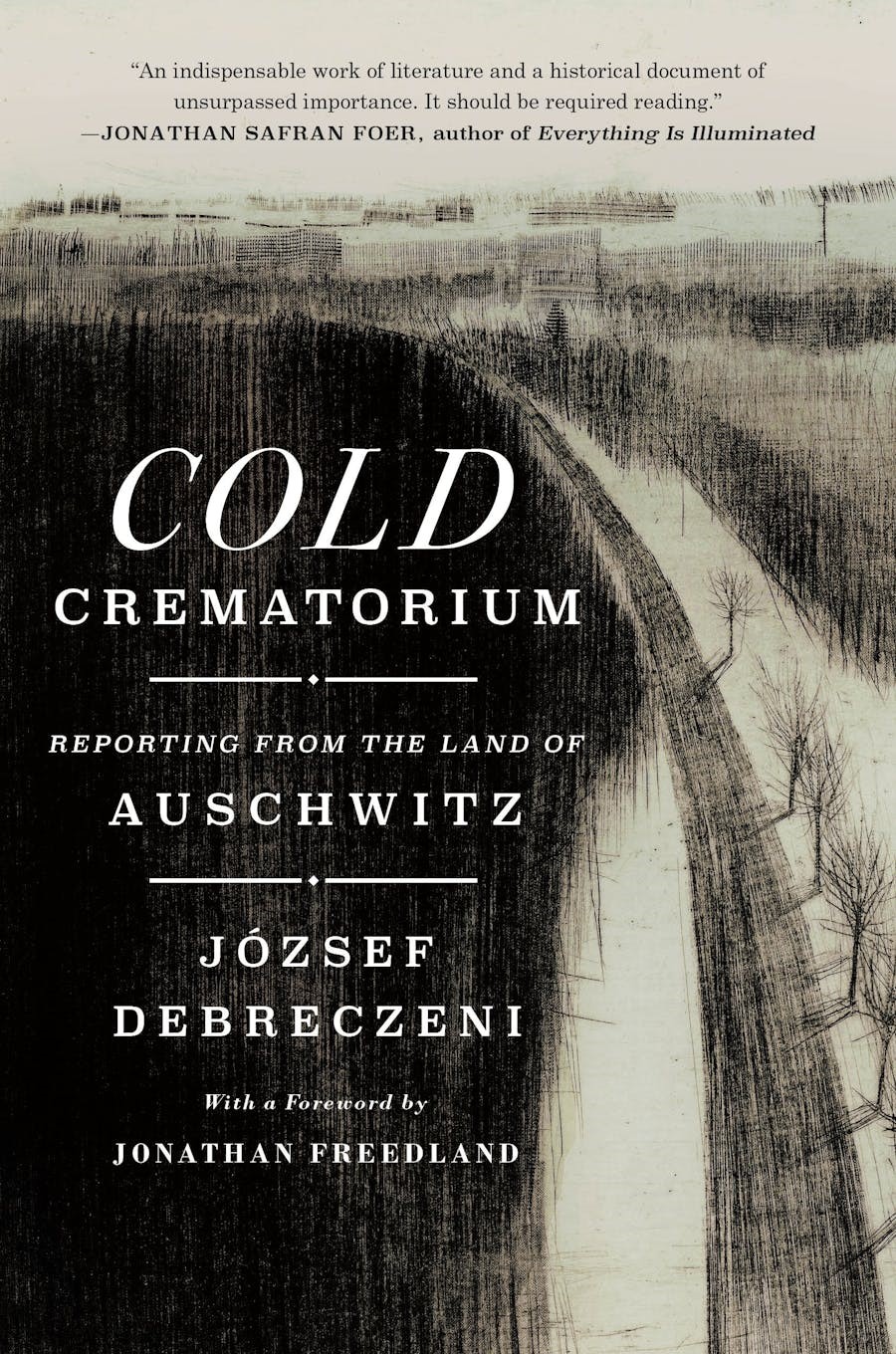
- This event has passed.
Cold Crematorium: The “Lost: Holocaust Masterpiece
March 13, 2024 @ 7:30 pm

This is a FREE virtual EVENT however, registration is required
After registering, you will receive a confirmation email containing information about joining the meeting. A reminder will be sent on the day of the event.
Register Here:
Wednesday, March 13, 2024 07:30 PM Eastern Time (US and Canada)
COLD CREMATORIUM: THE “LOST” HOLOCAUST MASTERPIECE
with Alex Bruner
A lost classic of Holocaust literature translated for the first time—from journalist, poet and survivor József Debreczeni
When veteran journalist, poet, and novelist József Debreczeni arrived in Auschwitz, he was “lucky” to be sent to a life of slave labor rather than directly to the gas chambers. He survived, and after the war wrote Cold Crematorium, which one reviewer called “the harshest, most merciless indictment of Nazism ever written.”
The work was first published in Hungarian in 1950 but was never translated into a world language due to McCarthyism, Cold War hostilities, and antisemitism. Until now! In January 2024 it will be available in English, and within a year, in 15 languages around the world.
Alex Bruner, the author’s nephew and a child of Holocaust survivors, will discuss the historical and family context for his uncle’s deportation to Auschwitz and describe the author’s hellish journey through multiple slave labor camps. Bruner will share pictures, documents, as well as an audio recording of the first chapter of the book. Bruner will review why his uncle wrote the book, how it was initially received, the reasons it was not translated into a world language until now, and the lessons one can draw from the work.
“As immediate a confrontation of the horrors of the camps as I’ve ever encountered. It’s also a subtle if startling meditation on what it is to attempt to confront those horrors with words…Debreczeni has preserved a panoptic depiction of hell, at once personal, communal and atmospheric.” —New York Times
“A treasure…Debreczeni’s memoir is a crucial contribution to Holocaust literature, a book that enlarges our understanding of ‘life’ in Auschwitz.” —Wall Street Journal
“A literary diamond…A holocaust memoir worthy of Primo Levi.” —The Times of London



